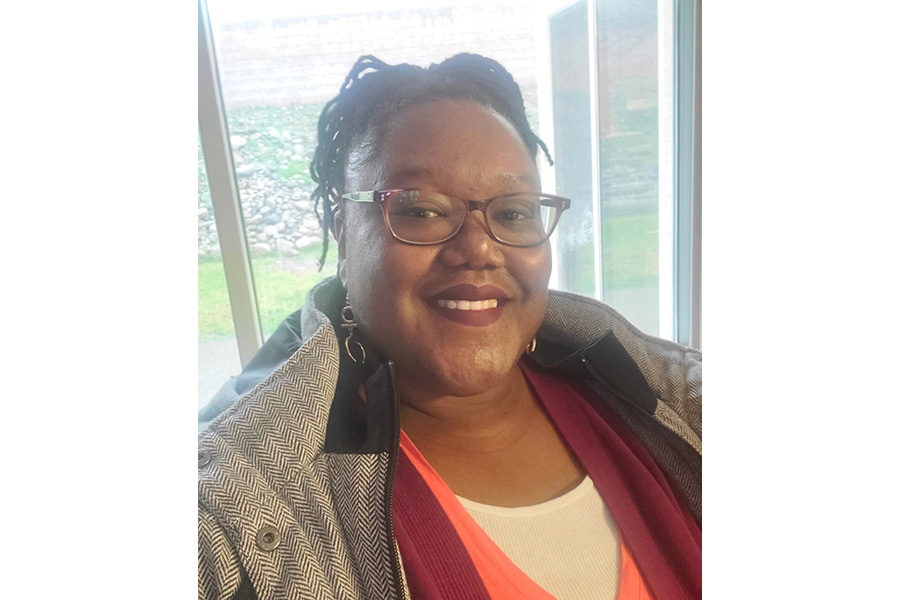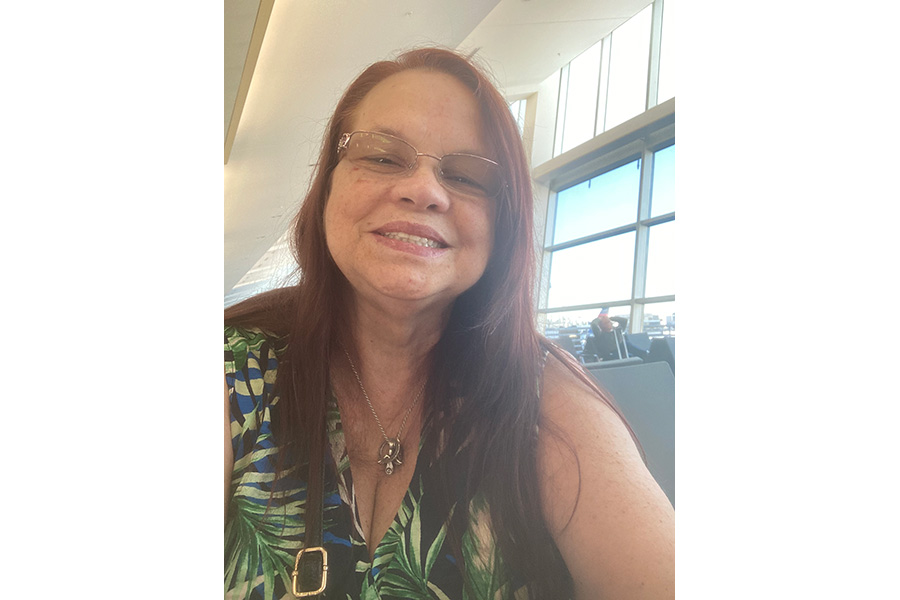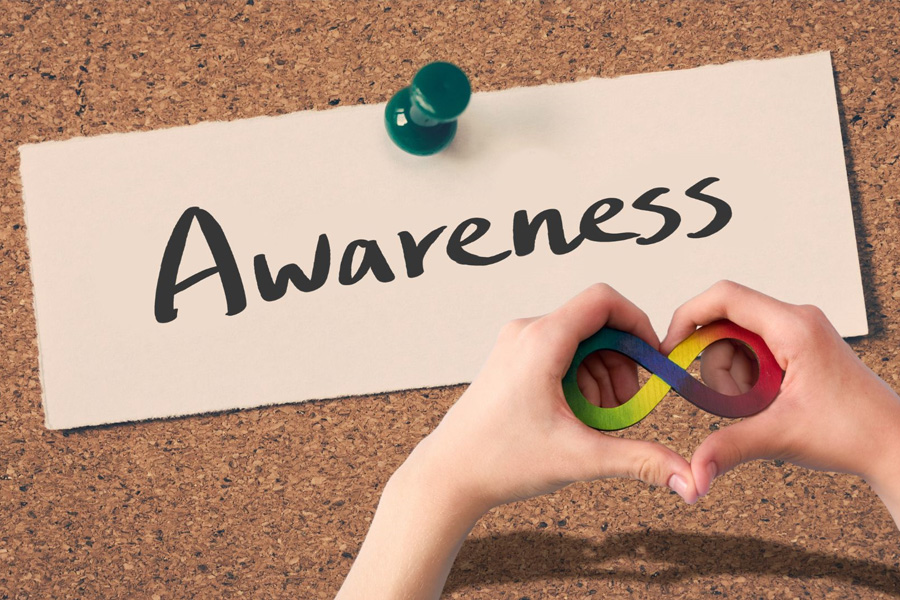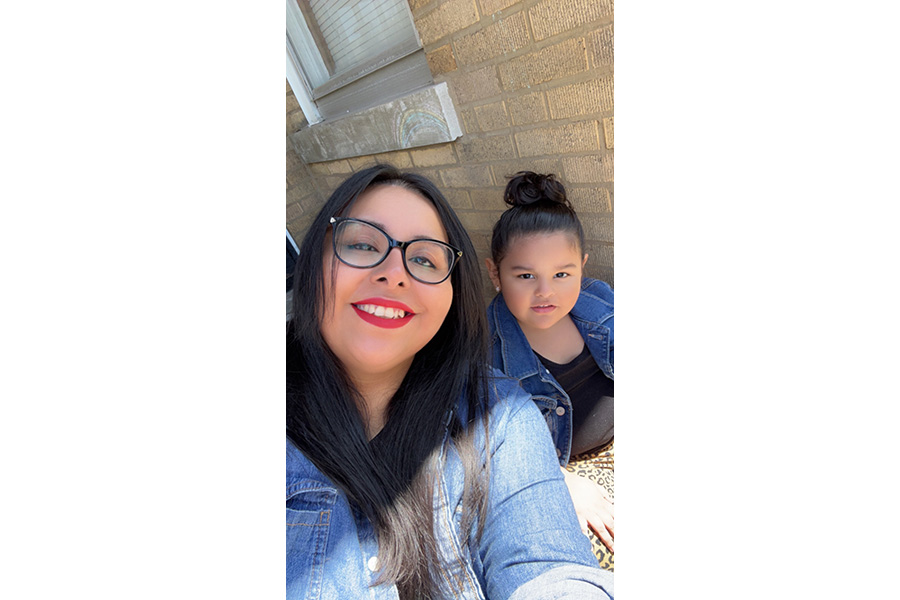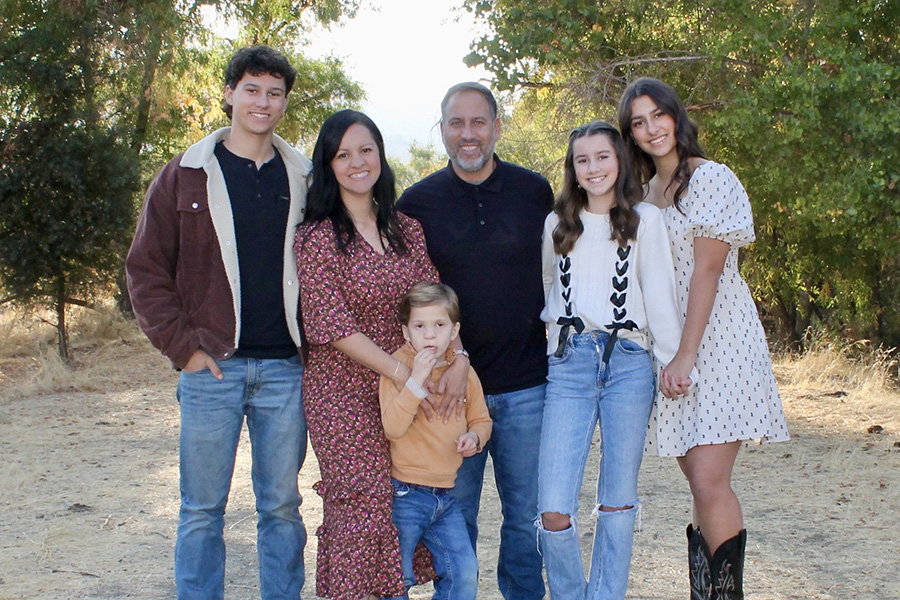Recognizing the amazing children and adults with Down Syndrome should happen year-round. Every October, the nation ramps up the sharing of information and experiences to spread awareness during National Down Syndrome Awareness Month.
Down Syndrome Awareness Month
Imagine being born with decreased muscle tone; every movement takes extraordinary effort, nursing is nearly impossible, and even drinking from a bottle is exhausting. Everyday activities like eating, diaper changes, and bathing sap what little strength you have. You’re floppy all the time, and your caregivers must be extremely conscientious about supporting you because you cannot support yourself. Now consider, in addition to that, you have a hole in your heart, making it less efficient, and demanding even more of your precious energy. Even though you have these extra challenges right from your first breath, you still manage a winning smile and sweet demeanor. Your parents visit you at the hospital, where you stayed longer than most kids, learning to eat, and getting many extra tests. It turns out that the tests show that you have Down syndrome.
When you finally go home from the hospital, strangers start showing up at your house, and making you move, even though it’s extra hard for you. This first stranger is an Occupational Therapist, and her job is to help you learn to do all the things you will need to do, like sitting, crawling, and using your hands, even when it’s really hard. Many more will follow, like Speech Therapists, Physical Therapists and Early Childhood Teachers.
You might need surgery on your heart, or you might have other health concerns, especially with your gastrointestinal system, and the bone structure of your face is extra small, making colds even more miserable, and increasing your odds of getting ear and sinus infections.
This is just the start, a look at early childhood. But many people with Down syndrome continue to face extra challenges all through their lives. They have developmental delays which can range from minimal to profound, and because of their small faces and low muscle tone, (as well as some other speech complications that can occur) their speech can be difficult to interpret, no matter how hard they work to speak clearly.
People with Down syndrome are smashing the odds
Our society, which values performance, test scores, and high levels of success, can underestimate people with Down syndrome because they’re using those criteria to measure value. I would like to suggest looking at it differently. The tenacity, resilience, and courage it takes to overcome all of those obstacles is enormous. People with Down syndrome are smashing the odds, and putting more effort into each step they take and each word they say than most people put into their education and career. Many people with Down syndrome are overcoming stereotypes and pursuing careers in acting, business ownership, and more.
I am a mother of two children with Down syndrome who have overcome everyday obstacles as well as extraordinary ones like leukemia. Rather than measuring them by societal standards, I choose to applaud them for the daily challenges that they face with aplomb and the odds that they continue to defy. By those measures they are superstars!









